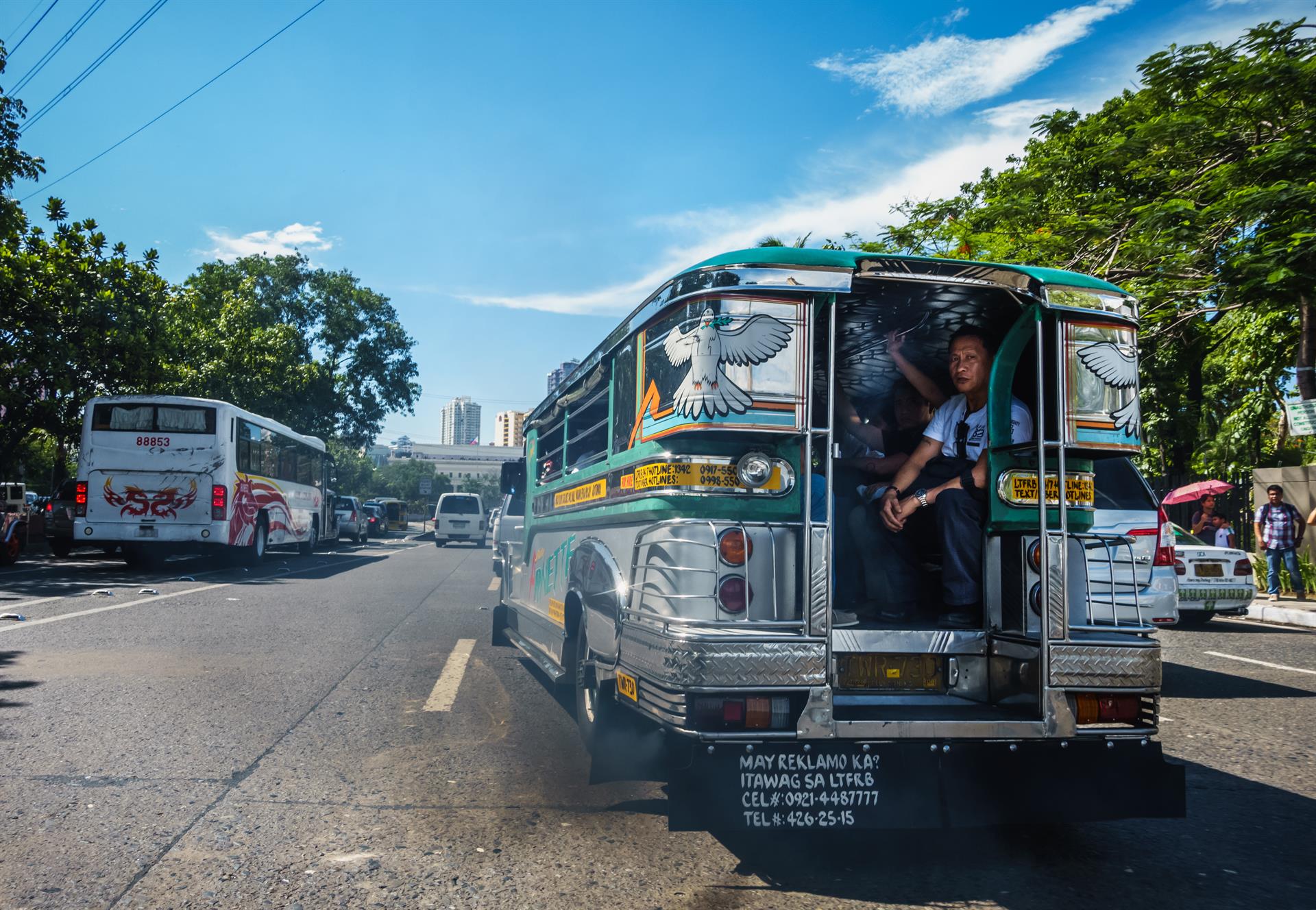
Our work in the Philippines
The Philippines has been an active Member State of WHO, and is the home of the WHO Regional Office for the Western Pacific. The country has played a critical role in shaping development agendas, including the Sustainable Development Goals (SDGs). In the spirit of the SDGs, the country cooperation strategy focuses on leaving no one behind and enhancing collaboration for health to move the Philippines closer to universal health coverage. The work of WHO and the Department of Health will focus on five strategic priorities: saving lives, promoting well-being, protecting health, optimizing the health architecture and using platforms for health.
For WHO, this strategy paves the way for a new level of collaboration with the Philippines – as a focused, transparent and committed partner that supports the country in making health a priority across programmes and sectors. Government departments and United Nations agencies, multilateral and bilateral partners and civil society groups have contributed to the development of this strategy.
WHO Country Cooperation Strategy 2017-2022 : Philippines
Philippines-WHO Country Cooperation Strategy 2017-2022
In recent years, the Philippines has undergone astounding economic and social development, recording the greatest growth among emerging Asian economies in 2016. Rapid economic growth and strong country capacity have contributed to Filipinos living longer and healthier. However—despite substantial progress—achievements in health have not been uniform, and challenges remain.
The Philippines–WHO Country Cooperation Strategy 2017–2022 sets out how WHO will work with the Philippines over the next six years to realize the vision of the Philippine Health Agenda 2016–2022 as a stepping stone towards the health-related Sustainable Development Goals.
National health agenda in the Philippines
The Philippine Health Agenda 2016–2022, launched by the Secretary of Health in September 2016, provides the strategic framework for achieving national health targets. Under the motto All for Health towards Health for All, universal health coverage is the platform for health and development in the Philippines – driven by action within and outside the health sector. Reducing health inequities is singled out as the most important priority among three health guarantees:
- Ensuring financial protection for the poorest people
- Improving health outcomes with no disparities
- Building health service delivery networks for more responsiveness
WHO support to the Philippines
WHO support to the Philippines will leverage the resources and expertise of the three levels of the Organization – the Office of the WHO Representative in the Philippines (country office), the WHO Regional Office for the Western Pacific and WHO headquarters. In doing so, WHO seeks to harness global knowledge for the betterment of the health of the Filipino people and provide a platform for the Philippines to engage in regional and global health initiatives.
Being a learning organization, WHO will adapt the way it works in the Philippines to maximize its contribution – as a place of meeting and dialogue where public health stakeholders come together to consider challenges and develop innovative solutions. WHO will work as a group of highly motivated professionals who look beyond so-called programmatic silos in providing health leadership across sectors and leadership for public health.
Publications
Joint external evaluation of the International Health Regulations (2005) core capacities of the Philippines:...
The Joint External Evaluation (JEE) team is grateful to the Philippines for volunteering for a second JEE. The team appreciates the country’s efforts...
The WHO Evaluation Office presents a comprehensive evaluation of the organization’s normative function at the country level. The evaluation sheds...
Evaluation of WHO’s contribution to water, sanitation, hygiene and health: Executive summary
The WHO WASH Strategy aims to improve health through the safe management of water, sanitation and hygiene services. To implement this strategy, WHO works...
Technical consultation on control of zoonotic malaria: meeting report, Geneva, Switzerland, 5–7 November...
This publication summarizes the outcomes of a technical consultation on the control of zoonotic malaria. The meeting brought together national malaria...

Evaluation of WHO’s normative function at the country levelThe WHO Evaluation Office presents a comprehensive evaluation of the organization’s...
Technical assistance to accelerate the implementation of WHO recommendations on HIV testing and treatment...
WHO’s Global HIV, Hepatitis and Sexually Transmitted Infections Programme has made an important contribution to the Global Fund Differentiated Service...
Report of the Regional Director : the work of WHO in the Western Pacific Region, 1 July 2022 - 30 June...
Covering the period from July 2022 to June 2023, this Report highlights how WHO in the Western Pacific Region has worked to turn the hard lessons of the...
Philippines: a primary health care case study in the context of the COVID-19 pandemic
Through the implementation of the Universal Health Care (UHC) Act (1), the Philippines’ health system, especially its chief health agency the Department...
Report of the Regional Director : the work of WHO in the Western Pacific Region, 1 July 2021 - 30 June...
This report, covering the period from July 2021 to June 2022, highlights how WHO continued supporting countries and areas in the Western Pacific Region...
The rationale for the development of the country profiles is that while data on individual indicators such as child marriage prevalence or modern contraceptive...
Case study: chemical safety in schools in the Philippines
The goal of the project is to protect the health and well-being of students and school personnel through:prevention and control of chemical exposure; andpromotion...

